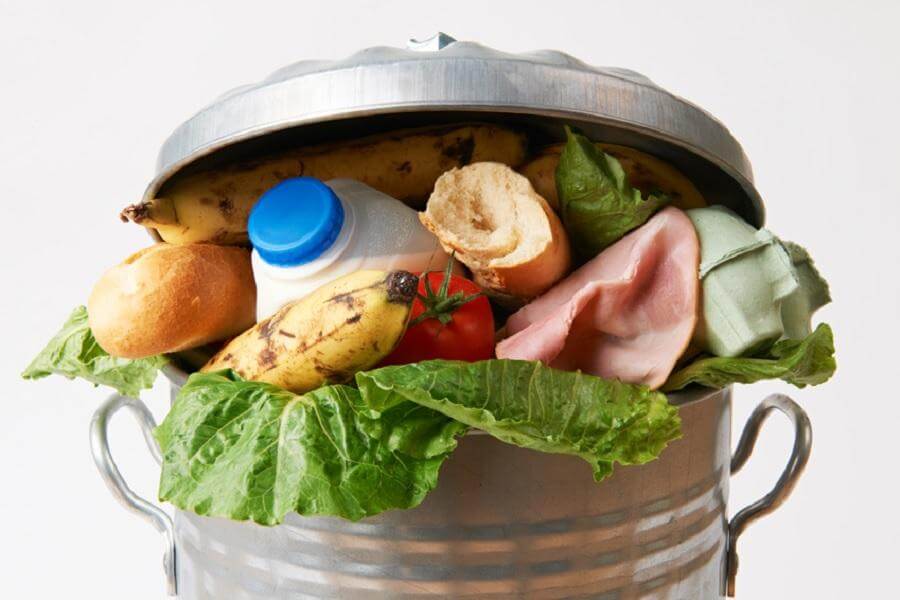Throughout the US and the rest of the world, food wastage is an issue that is becoming more and more prevalent with the people. (Related Topics: Florida Food Handlers Certificates, Florida Food Handlers Card, Florida Food Handler Certification)
An estimate suggests that about 40 percent of all food grown in this country is wasted. It is costly for the economy and the environment. Every year, the U.S. spends $218 billion growing, processing and transporting food that is not eaten, but thrown away. That amounts to 52.4 million tonnes of food sent to landfill sites every year.
This shocking amount of food waste implements massively on the environment. All of the water and energy used to produce our food is working over-load in order to manage the demand. When we waste our food, we are also wasting our valuable resources as an example of an environmental consequence. But it’s not just about money or even the environment. There are American citizens who lack the basic dietary necessities. They lack a steady supply of food to their tables, so wasting all of that food has clear social consequences as well.
To put some sort of scale on this whole thing, check this out:
“If all of the wasted food was grown in one place it would cover about 80 million acres, or over three-quarters of California. It would take up all the water used in California, Texas and Ohio combined and would harvest enough food to fill a 40-ton tractor every 20 seconds.”
After reflecting on this information it is clear that food wastage is an absurd issue today throughout the world, however an issue that is completely solvable.
Here a few simple and practical things you can do before you think about throwing more food away:
- Make a shopping list before going grocery shopping – it is estimated that about 55% of grocery purchases in the United States are unplanned.
- Download apps that help you to list and organize what you plan to buy, plus share it with others.
- Stop throwing out foods based on expired or near expired date labels. When consumers see an expired date label on food, they often think it means the food is not fit to eat any longer, but the dates don’t necessarily refer to food safety.
To end, food wastage is a big issue that everyone can begin to overcome. Start consciously thinking before you decide to throw things away and don´t be scared to eat products that have passed their dates by a matter of days.
If you have any questions about food safety or are wanting to obtain food safety certificates contact Ken Kuscher on (561)703-7196 or (561)369-2622, who offers a one-stop shop for everything food safety related in Florida.





